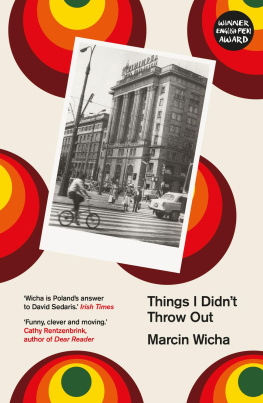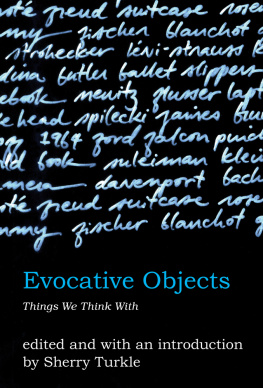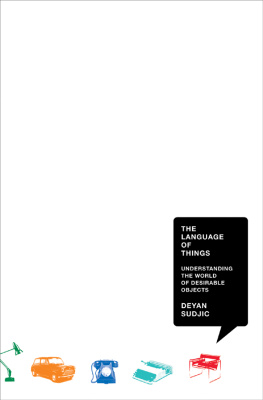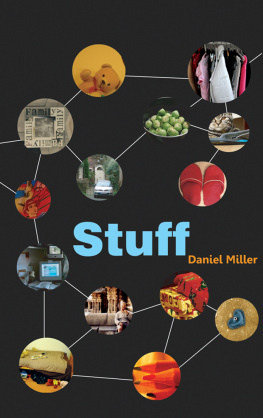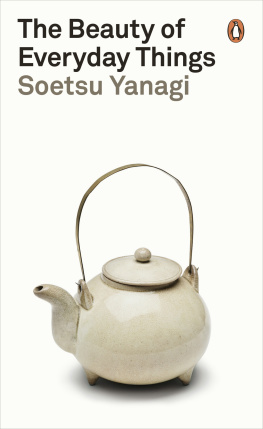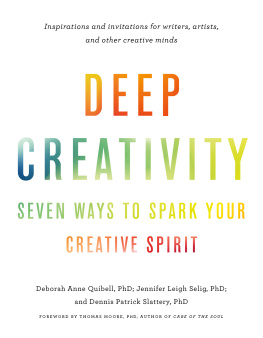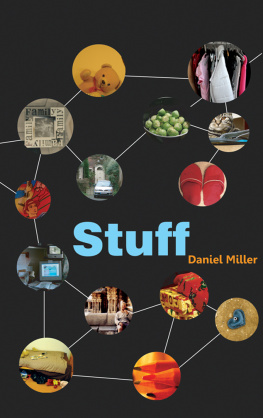The
Promise
of
Things
The
Promise
of
Things
Ruth Quibell

MELBOURNE UNIVERSITY PRESS
An imprint of Melbourne University Publishing Limited
Level 1, 715 Swanston Street, Carlton, Victoria 3053, Australia
mup-info@unimelb.edu.au
www.mup.com.au
First published 2016
Text Ruth Quibell, 2016
Design and typography Melbourne University Publishing Limited, 2016
This book is copyright. Apart from any use permitted under the Copyright Act 1968 and subsequent amendments, no part may be reproduced, stored in a retrieval system or transmitted by any means or process whatsoever without the prior written permission of the publishers.
Every attempt has been made to locate the copyright holders for material quoted in this book. Any person or organisation that may have been overlooked or misattributed may contact the publisher.
Text design and typesetting by Megan Ellis
Cover design by Mary Callahan
Printed by in China by Toppan Leefung Printing Ltd
National Library of Australia Cataloguing-in-Publication entry
Quibell, Ruth, author.
The promise of things/Ruth Quibell.
9780522868791 (paperback)
9780522870695 (ebook)
Personal belongingsPsychological aspects.
Transitional objects (Psychology)
Attachment behavior.
155.91
For Damon, Nikos and Sophia
Contents
Did you ever see a woman more absorbed in physical objects? If one looks for her interests, her affections, her desires, one will find them not lying coiled up in her head but stuck on to the garden, the meals, the furniture, the hot-water bottle
Writer Gerald Brenans dismissal of artist Dora Carrington
Matisses Armchair
One can feel the need to gather ones thoughts before an armchairit is the tender admiration we lend to a familiar object that gives the object sufficient interest to receive a hearts overflowing.
Matisses letter to his friend Louis Aragon
The poet Louis Aragon, a close friend of Matisses, once wondered whether there wasnt more variety and expression in the armchairs Matisse painted than in the women.
J.A. Isaak, Feminism and Contemporary Art
Yet Another Chair
One day in the spring of 1942, the French artist Henri Matisse went on one of his trips into town. It might have been his daily constitutional, insisted upon by Lydia, his assistant, nurse and muse. He strolled into an antique shop and there it was, in varnished silver, like enamela striking eighteenth-century baroque chair. I have finally found the object I have wanted for a year, Matisse wrote to Louis Aragon. When I saw it I was completely bowled over by it. It is splendid, I am smitten. With this chair I shall slowly leap up for the summer.
As cheering as Matisses unabashed enthusiasm for this object is, this was no small achievement in the circumstances. Matisse had spent the last year slowly recovering from near-death. The chair was part of his stake in the future; his willingness to actively seize a second chance at life.
What was so special about this chair? Even to todays eyes, the rocaille armchair is quite extraordinary to look at. Its a most impractical-looking chair, resembling an open clam, straddled with arabesque flourishes for arms. There are dragon-like faces where the arms meet the seat, and even its squat little legs have an elegance to them. This is not a simple chair for sitting init is meant to be looked at. Its easy to be intrigued by its curious combination of strangeness and obvious chairness.
Given the circumstances, though, there were plenty of reasons why Matisse should not have been buying the chair. France was not in a good way, with the north under military occupation. While Matisse was living in Nice, away from the fighting, everyone he knew was touched by it. His daughter was at risk helping the resistance. His son was briefly conscripted, and Matisse was missing his beloved grandson, Claude, who had been sent to live in safety in America. Matisse himself was a seriously ill and increasingly frail man, estranged from his wife. He was, according to biographer Alastair Sooke, bleakly fatalistic about the war and the future of France. And now, my dear Pierre, what do you think of the collective madness that is ravaging both the Old World and the new one? he wrote to his son in 1941. Do you feel, as I do, that there is something foredoomed about it, and that the whole world is bent on destruction?
Why, then, when he felt such foreboding about the state of the world, was he so excited to find an old chair? Surely he knew that no furniture, however intriguing and exotic, would change the basic facts of his existence. More than this, he had no straightforward need for it: Matisse already had a goodly assortment. There were Voltaires [chairs with a high scrolled back], writes journalist Marie-France Boyer, neo-Renaissance chairs in studded wood and leather, high-backed chairs covered in damask. Only months before hed acquired another favourite: the low red and white striped Louis XV bergre, which, according to Boyer, had large well stuffed cushions and [was] trimmed with sophisticated piping. Why did he want yet another chair?
Promises, Promises
Matisse was, seemingly, doing what so many of us do when our world turns to crap: we go window-shopping, or buy something to distract us or lift our mood. In this strand of thinking, the object is the promise of something beyond itself. For some, it might be a hit of happiness or joy from close proximity to beauty or novelty. For others, it might be the confidence, social standing or admiration that comes from possessing an expensive or widely coveted object, such as a rare painting, a powerful car or luxurious fabric. In each case, having the object can shift us up a notch emotionally or socially, in a way we do not believe we could achieve without it, even if the glow is only temporary.
The word commonly used to describe this tacit expectation that possessions will transform or satisfy us is materialism. In ordinary usage, though, materialistic people are often described as having weak characters: they are portrayed as covetous, greedy, possessive and undisciplined. It is for this reason that many of us are quick to disclaim our attachments to possessions. Yet, material consumption remains common, sustained by the implicit belief that the goods we own will improve us and our lives, even in the face of evidence to the contrary. Georges Perec, in his novel Things, gives a sense of how the pursuit of new possessions works. Everything was new, Perec writes of the couple central to his novel:
Their sensibilities, their tastes and their position propelled them towards things they had never known. They paid attention to the way others dressed; they noticed the furniture, the knick-knacks and the ties displayed in shop windows; they mused on estate agents advertisements Nothing, ever, had equipped them for such new concerns. They discovered them enthusiastically, with a kind of freshness, and were bemused by having spent so long in ignorance. They felt no surprise, or almost none, at the fact that they thought about almost nothing else.
It is not necessarily the objects themselves that are the problem, but the assumptions that guide their pursuit. Critics of materialistic values argue that the hungry acquisition of things is individually destructive and founded upon a socially pathological ideology. Journalist George Monbiot, writing in The Guardian, describes materialism as a general social affliction based on a dreadful mistake we are making allowing ourselves to believe that having more money and more stuff enhances our wellbeing. This type of materialism depends upon us believing that human life is compensated, transformed or improved by the ownership of more and better goods.


